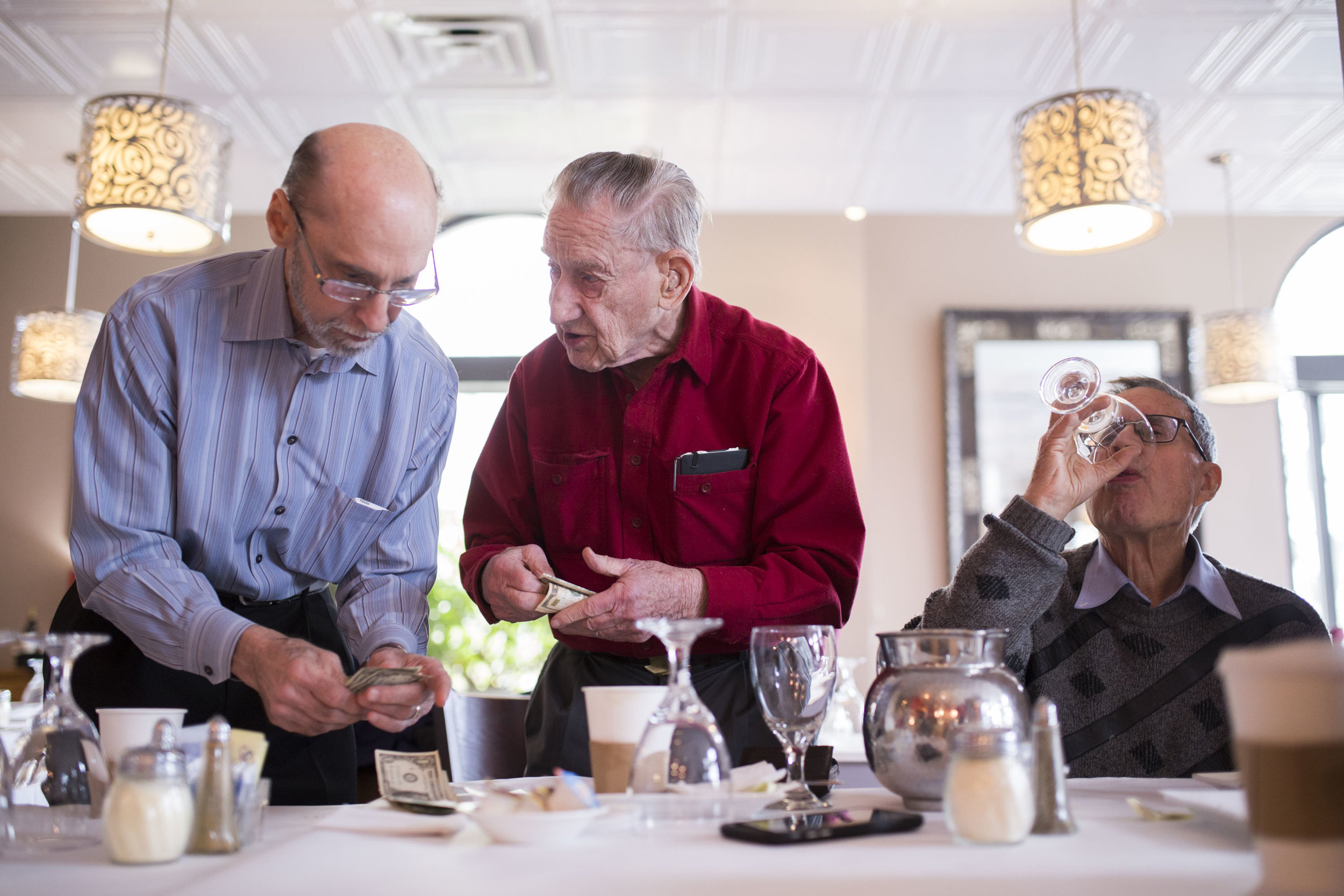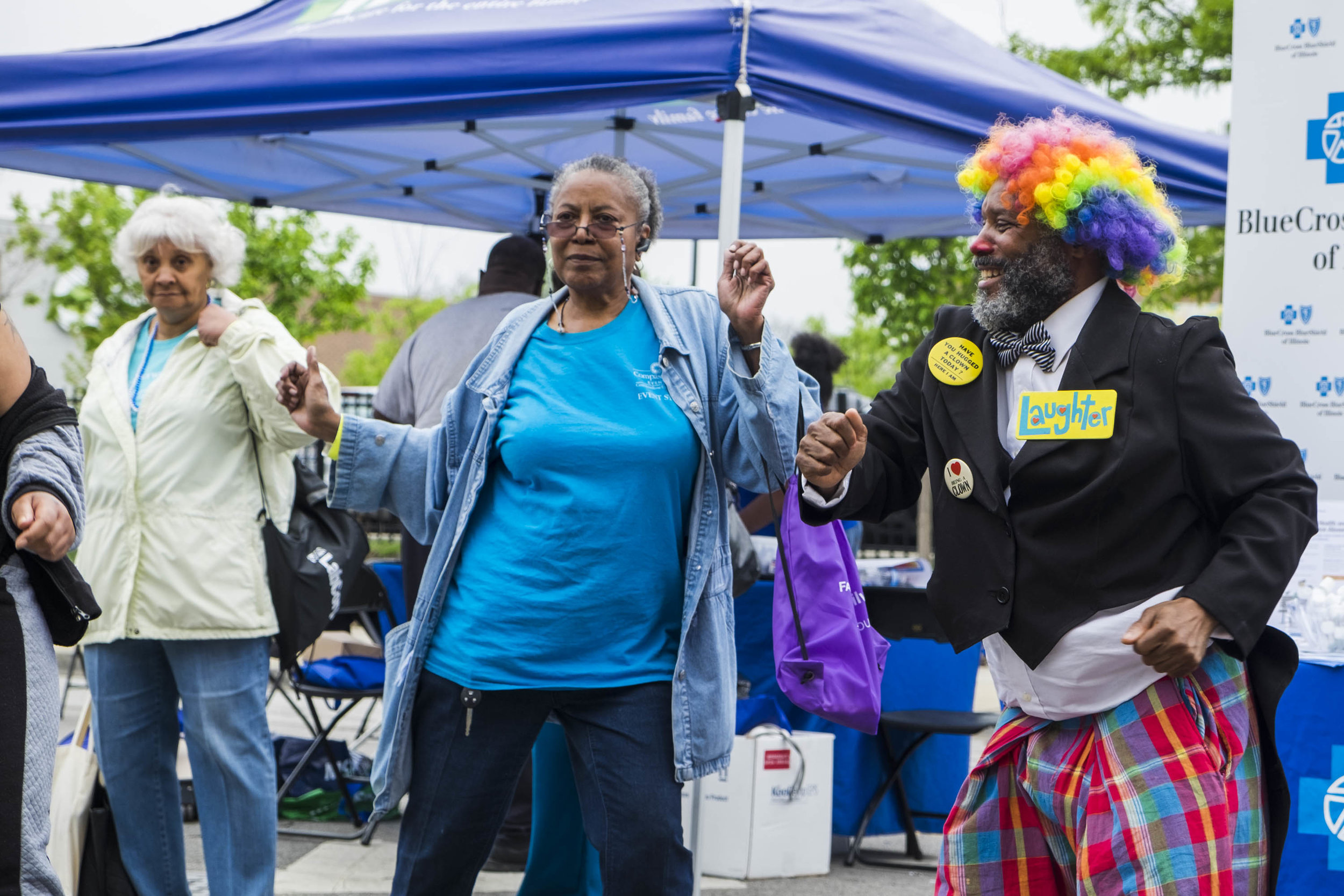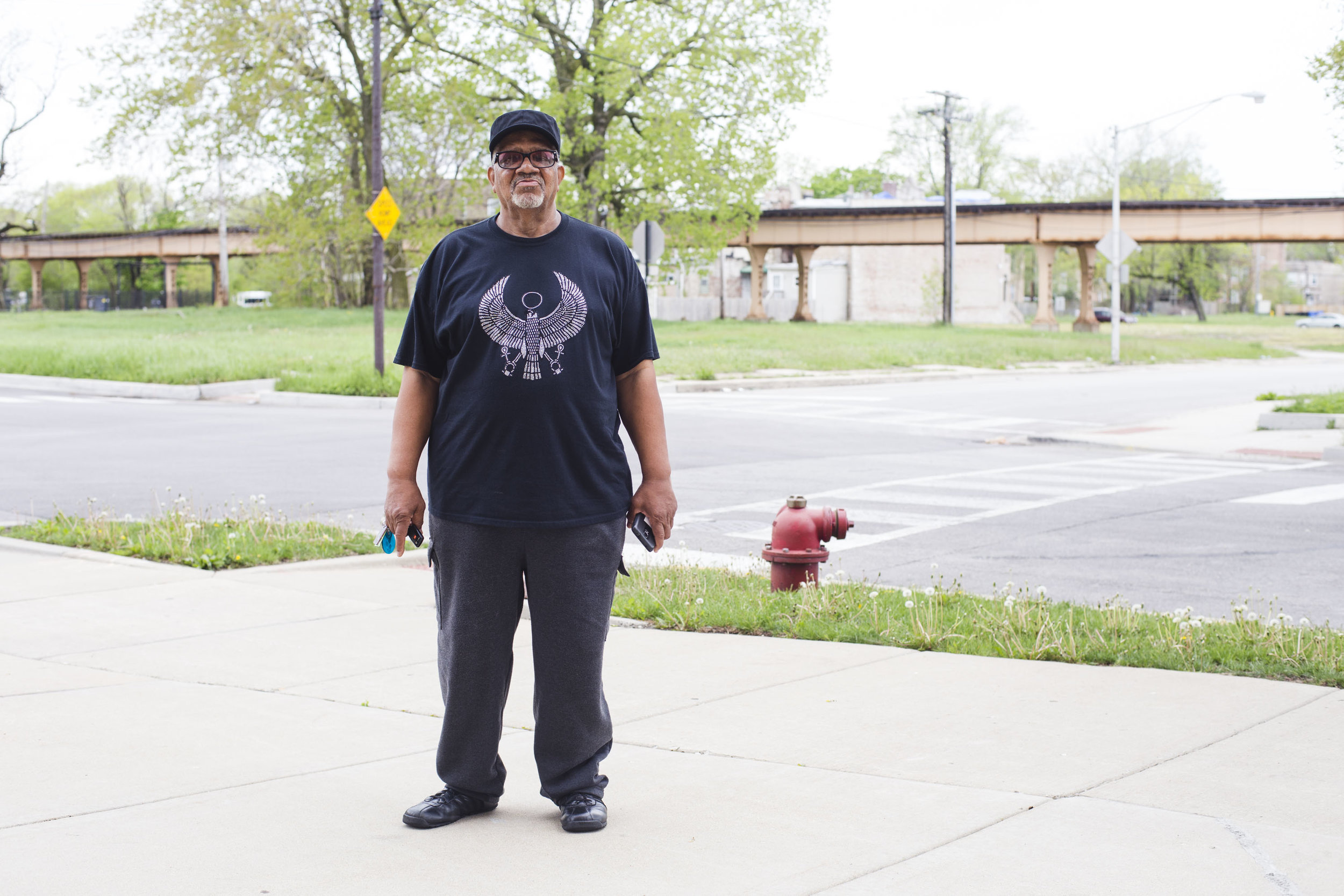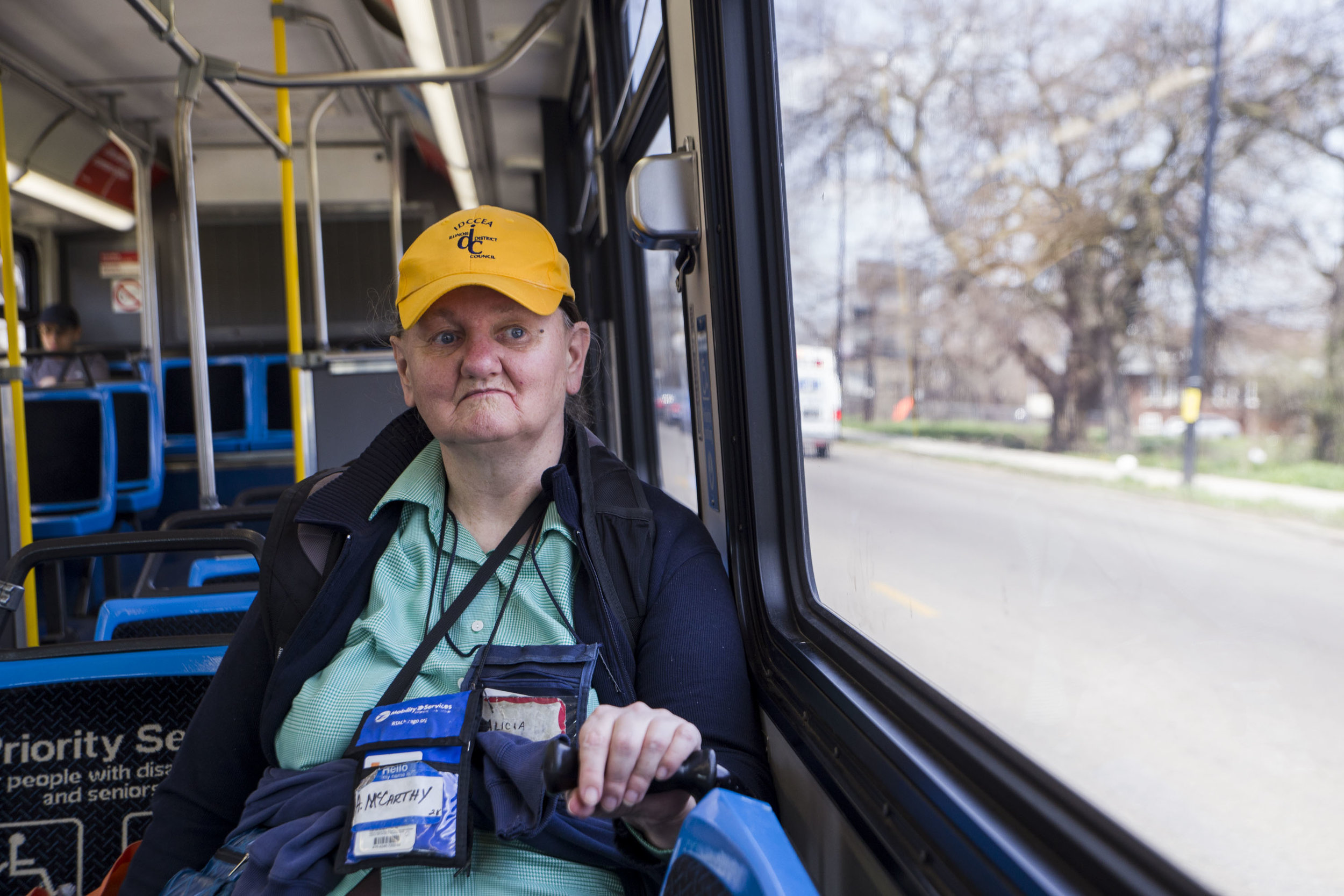From Auburn Gresham to Hyde Park, seniors and their allies are doing whatever it takes to combat social isolation and other issues of aging.
By Pat Nabong
Older adults line dance at Mather's More than a Cafe in Chatham. The cafe, which caters to older adults but is open to all ages, serves affordable, healthy food and pay-as-you-go fitness classes (Photo: Pat Nabong).
Older adults in their 70s and 80s gather in the lobby of New Pisgah Haven Homes every Thursday morning. The low-income senior building in Auburn Gresham provides a necessary service, run by residents for residents: a communal trip to the grocery store.
On a sunny day in June, four of these older adults sit on the couch chatting while waiting for others to join them, and after 20 minutes, they board a small white vehicle that resembles a school bus.
Carlton Brown, 72, is the volunteer designated driver this morning. He lets his crutch lean on the railing. His neighbors sit in the back with their walkers and collapsible grocery carts. Some days, Brown takes them in his car and they go to the doctor's office. Sometimes he drives them to restaurants and shopping malls. Other times, Brown visits people in the building who can't get out of their apartments. When Brown doesn't need to shop for food at the grocery store himself, he keeps an eye on his neighbors as they scan the aisles.
"Some peoples can't get out to do what they need to do. Some don't have the means to get there," said Brown, who's been living at New Pisgah Haven Homes for 11 years. He anticipates that one day he may need help too, in the same way that he helps his neighbors. "Right now I don't [need assistance], so I make myself useful while I can. . . . If you live in a building like this, it's what they call a congregation, a peoples that are around together, and you have to learn how to live that way."
For many older adults who live alone on the south side, being part of a community, remaining active, and having people to rely on are not just important—they're necessary to their everyday needs and their overall health and well-being. Access to health care on the south side looks starkly different from that of other areas in Chicago. According to the University of Chicago, it's one of the most medically underserved communities in the U.S. Lack of access to health care is particularly magnified among the elderly.
"Isolation is more than just being alone. It's being at risk," said Debra Thompson, chairperson of Age Friendly Englewood Village, a nonprofit that visits isolated seniors, organizes porch parties for them, and helps them with everyday tasks. "We have to get out and socialize with people. That's why we send our kids to day care for socialization," she added. "It don't only take a village to raise a kid. It takes a village to raise a senior."
But not all older adults have people they can rely on, or the ability to participate in activities. Social isolation is a common concern among older adults on the south side, said Dr. Katherine Thompson, program director for the South Side Healthy Aging Resource Experts (SHARE) Network and a geriatrician at the University of Chicago's Outpatient Senior Health Center in South Shore. Studies show this goes beyond loneliness—social isolation among older adults can be linked to depression, diabetes, hypertension, arthritis, and coronary disease, among others, according to a report from the American Association of Retired Persons.
"The people who age well have some kind of purpose in their lives or something that brings them meaning, and they tend to be people who have been able to stay active," said Thompson.
Many older adults who live alone find that sense of belonging in their neighbors, their home-care workers, or their yoga classmates. Some find it at the local senior center, at church, or even in line dancing class. Many say that being involved in different activities has made them happier and healthier.
Eva Early, 73, who lives alone in the same Auburn Gresham building as Brown, said she was reluctant to move out of her apartment in Englewood and into a senior building. But she's come to enjoy weekly activities like Hawaiian luau-themed cookouts, field trips to museums and gardens, and health-related discussions. Early said she seldom sees her family these days, but when she gets bored or lonely, she goes to the building's common room to talk to other residents, who have become a second family to her.
"It's like a little community, and I like that. They look out for you. We don't see you for a while, [we] check up on you," she said. "This is home. This is where I was supposed to be."
This report was produced in partnership with the Chicago Reader.


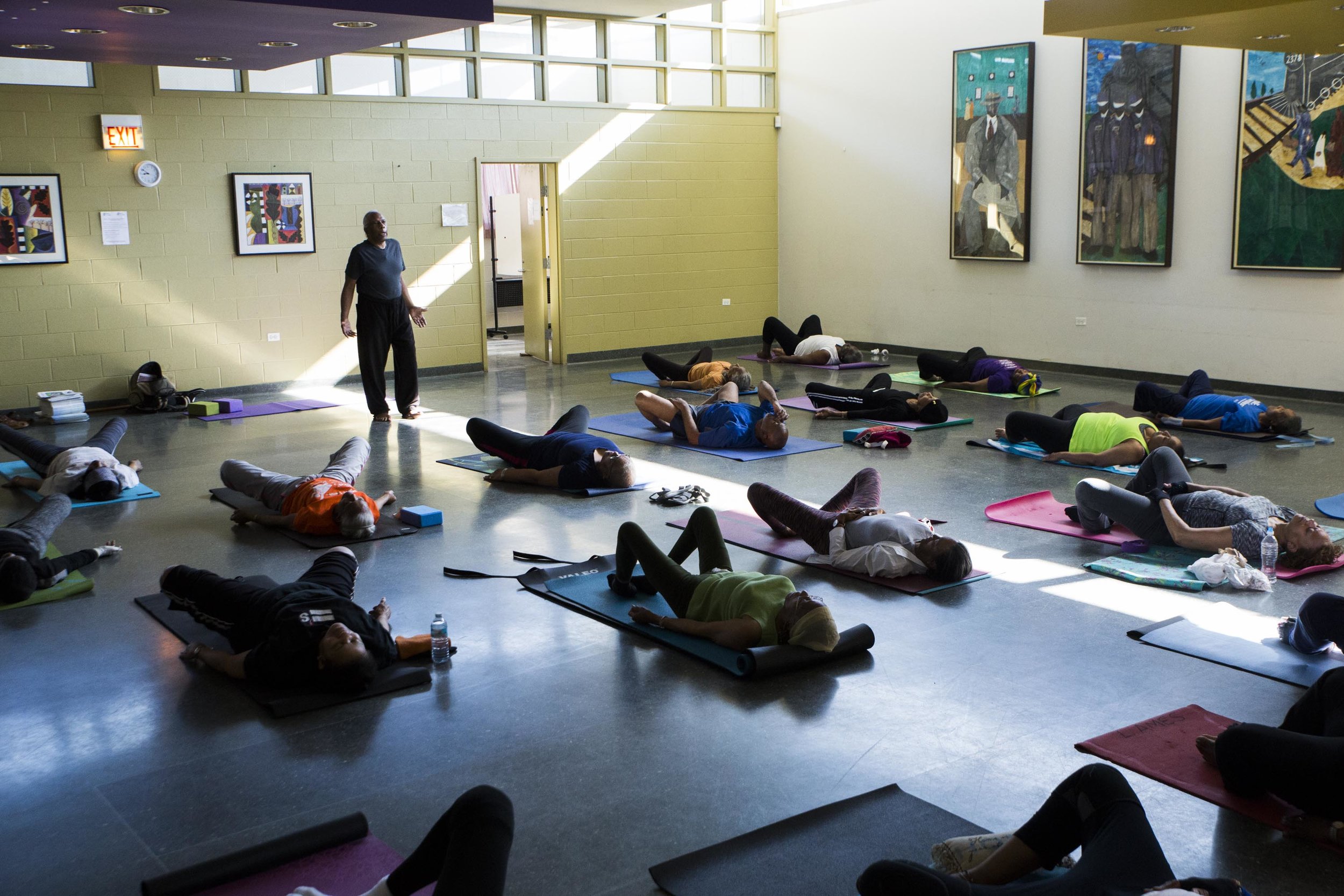
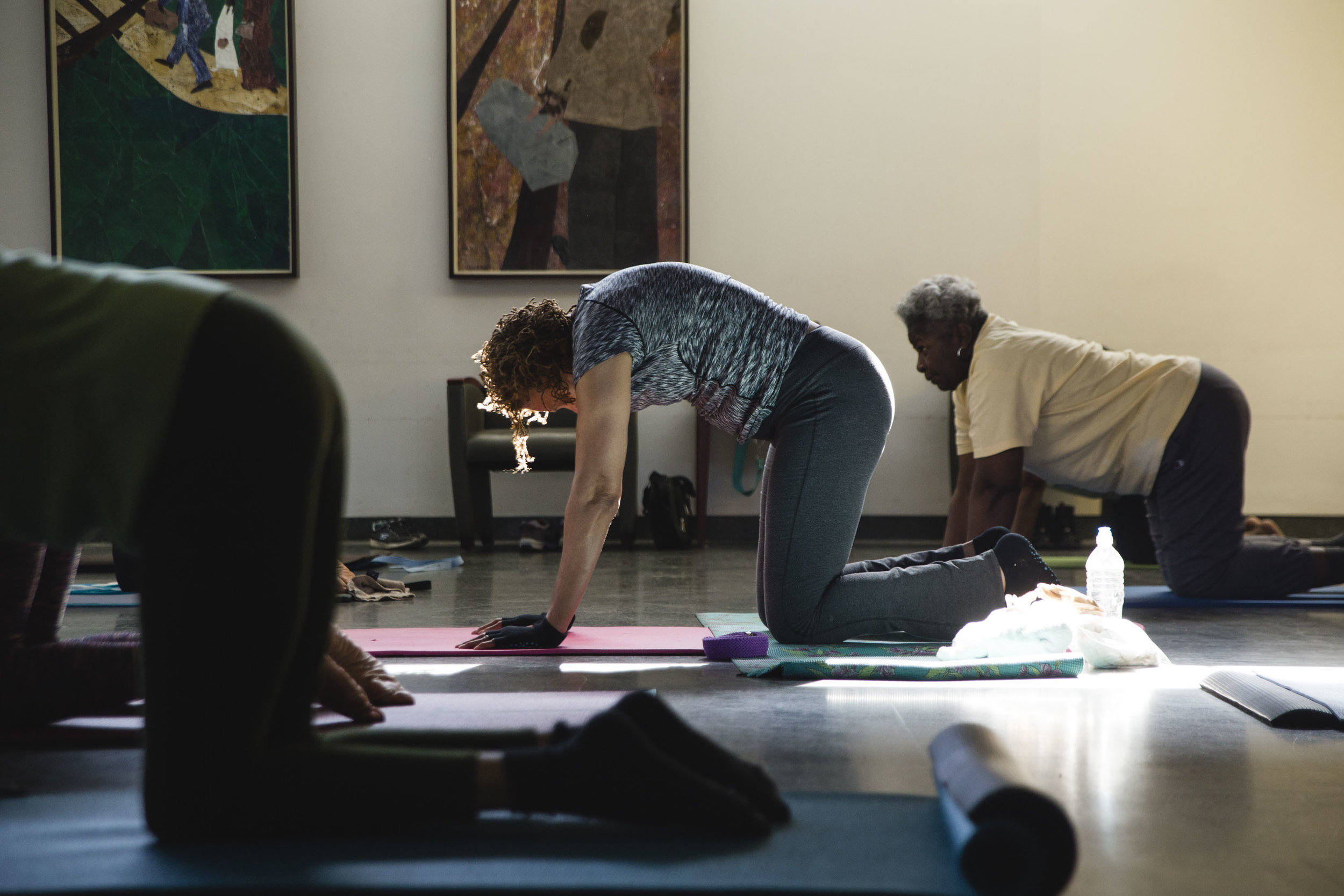
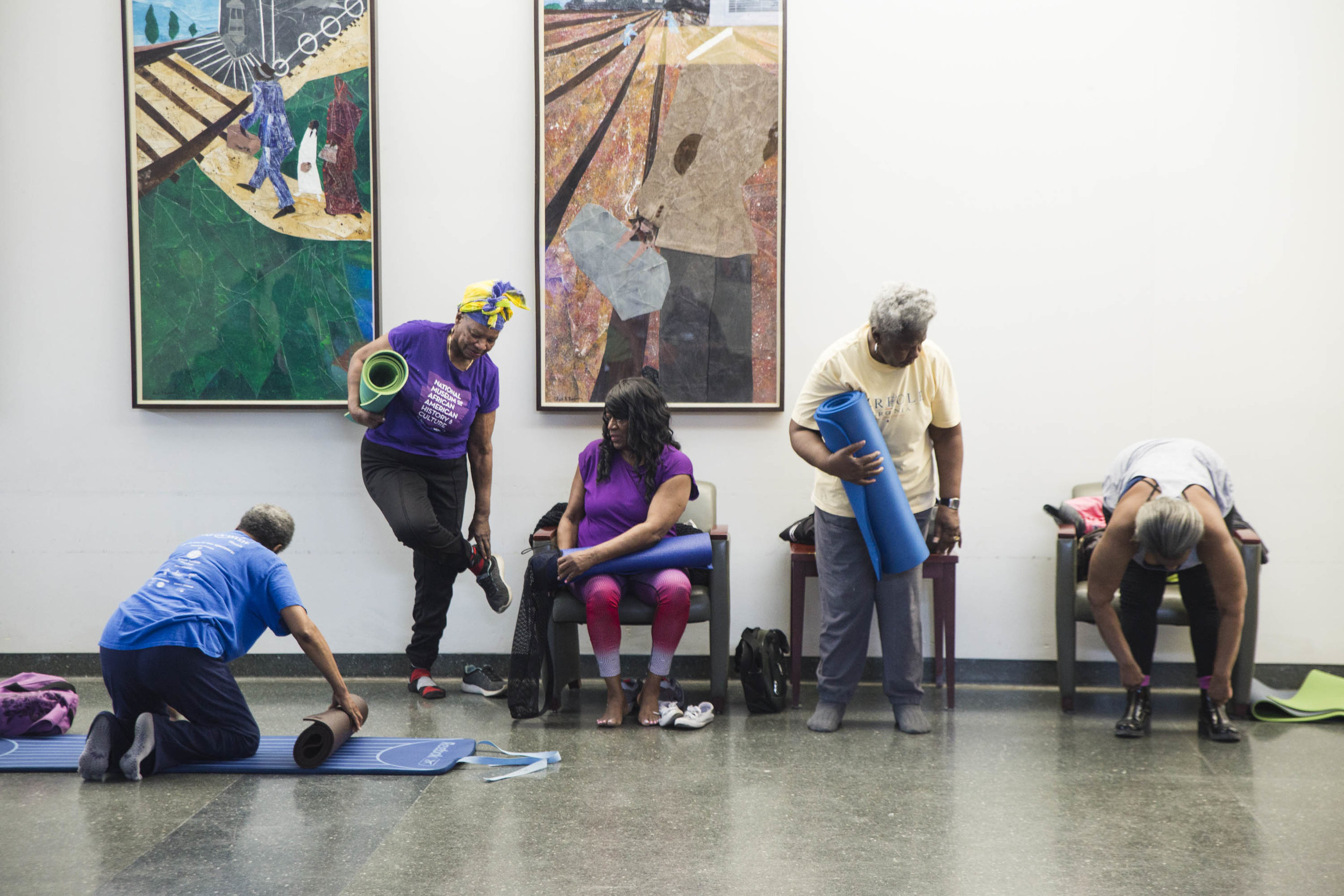
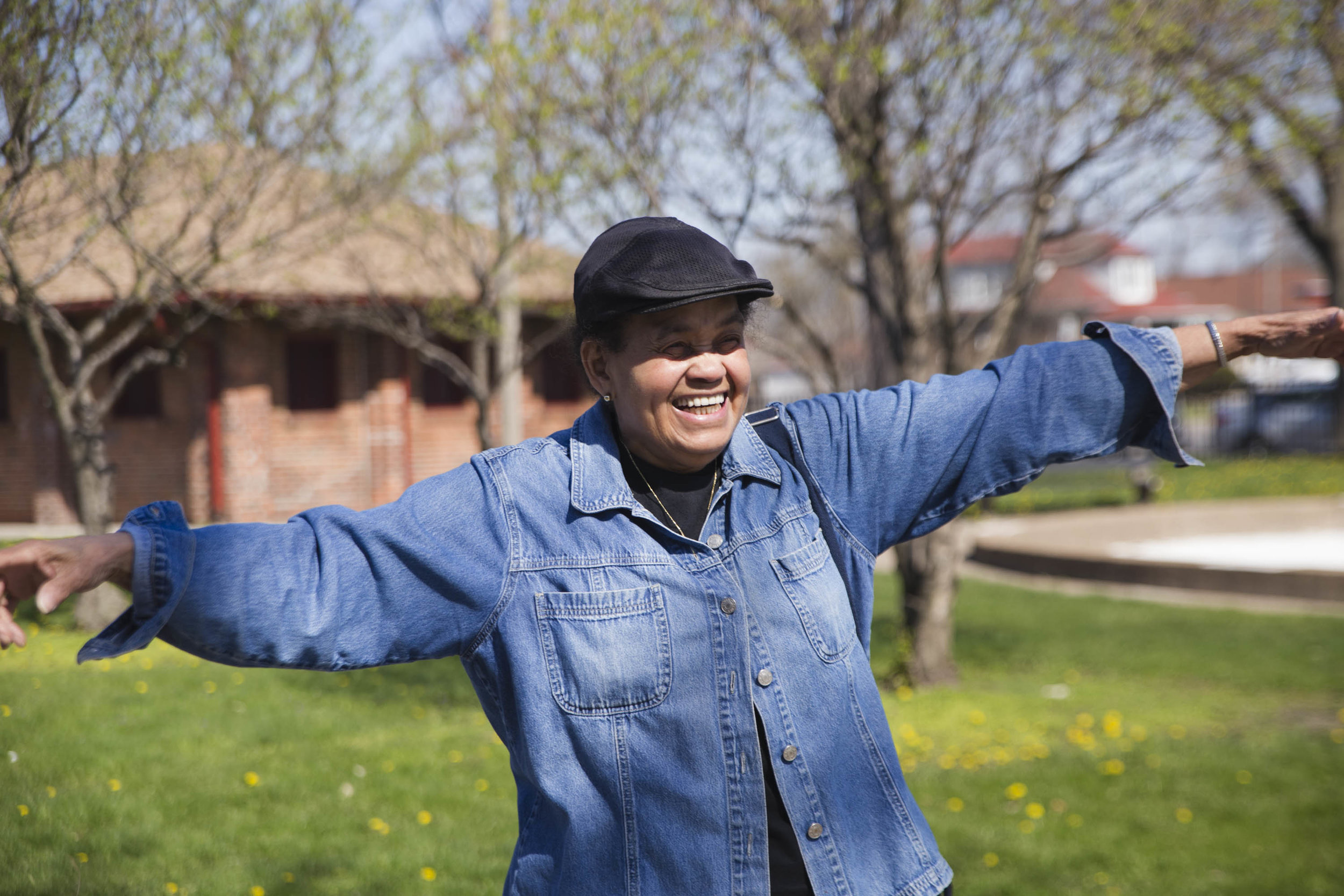
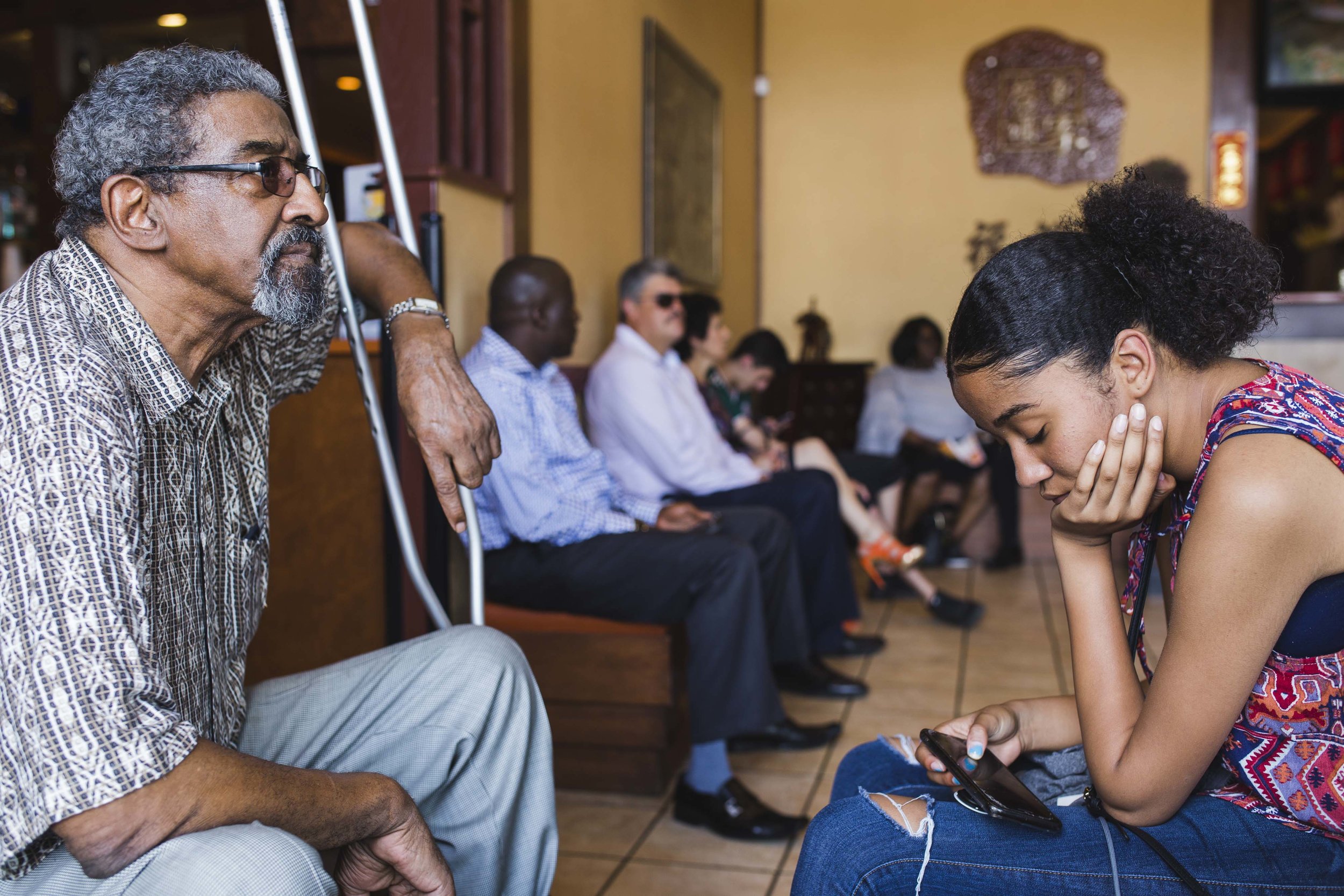
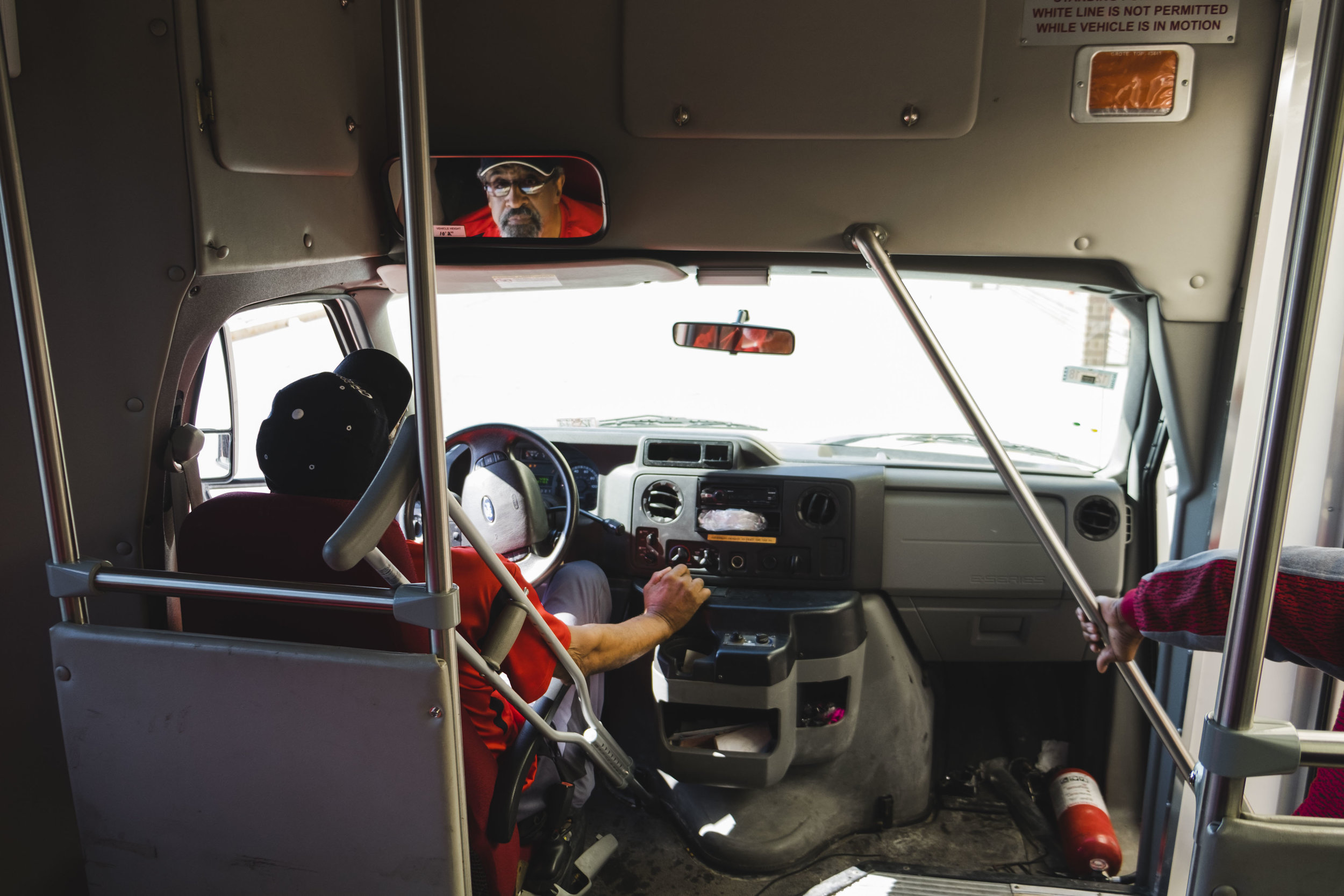
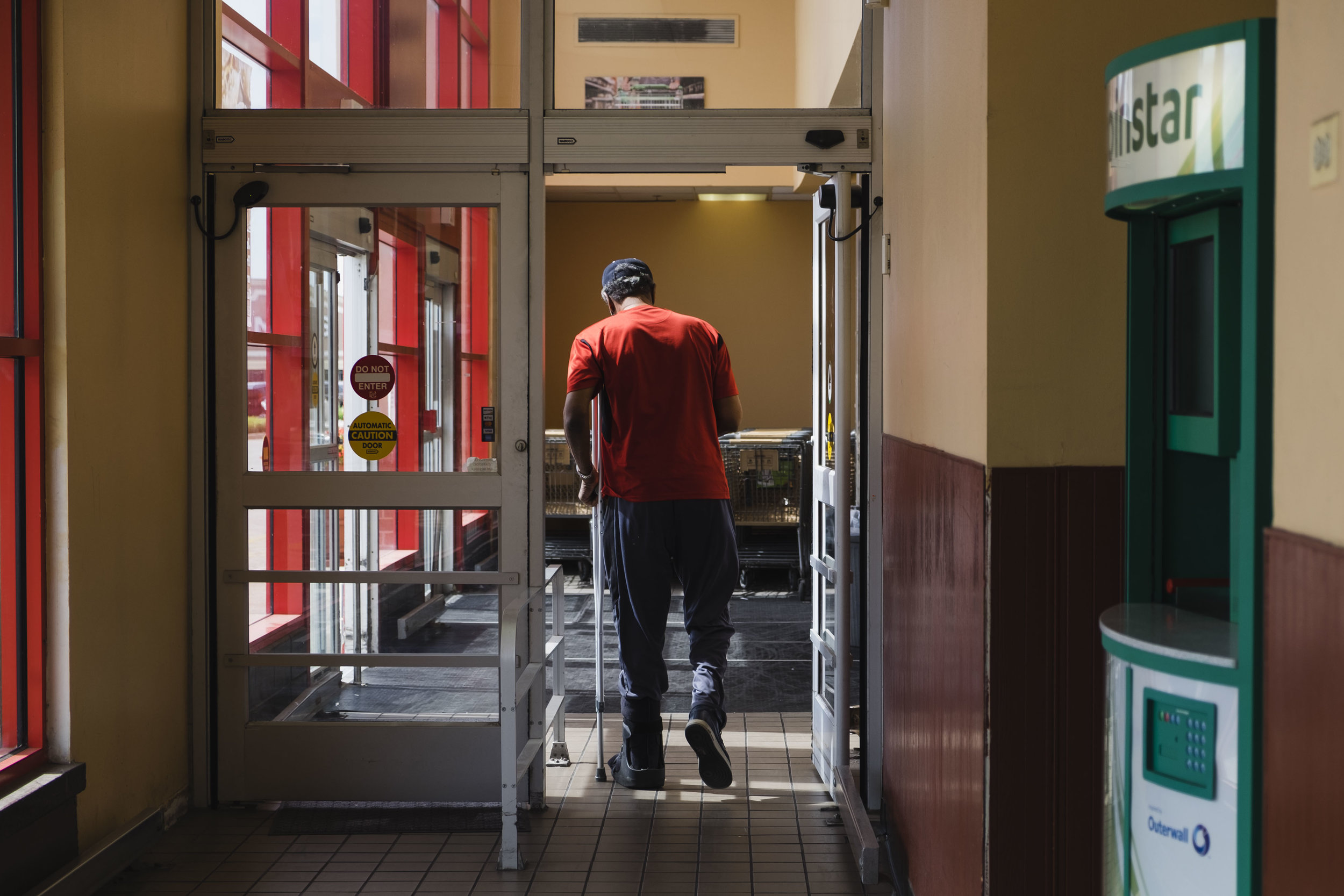
![Joe Boyd, 82, gets some sunshine outside the senior building he lives in in Auburn Gresham. “A lot of times as you get older, [people] leave you, you know what I mean? One by one,” said Boyd, a veteran who often reflects on his life. “I’ve been ups](https://images.squarespace-cdn.com/content/v1/56cfdde2c2ea51668ffa109d/1544646849550-XH211LBMOPZU8WJIAB3A/Joe-Boyd-3.jpg)
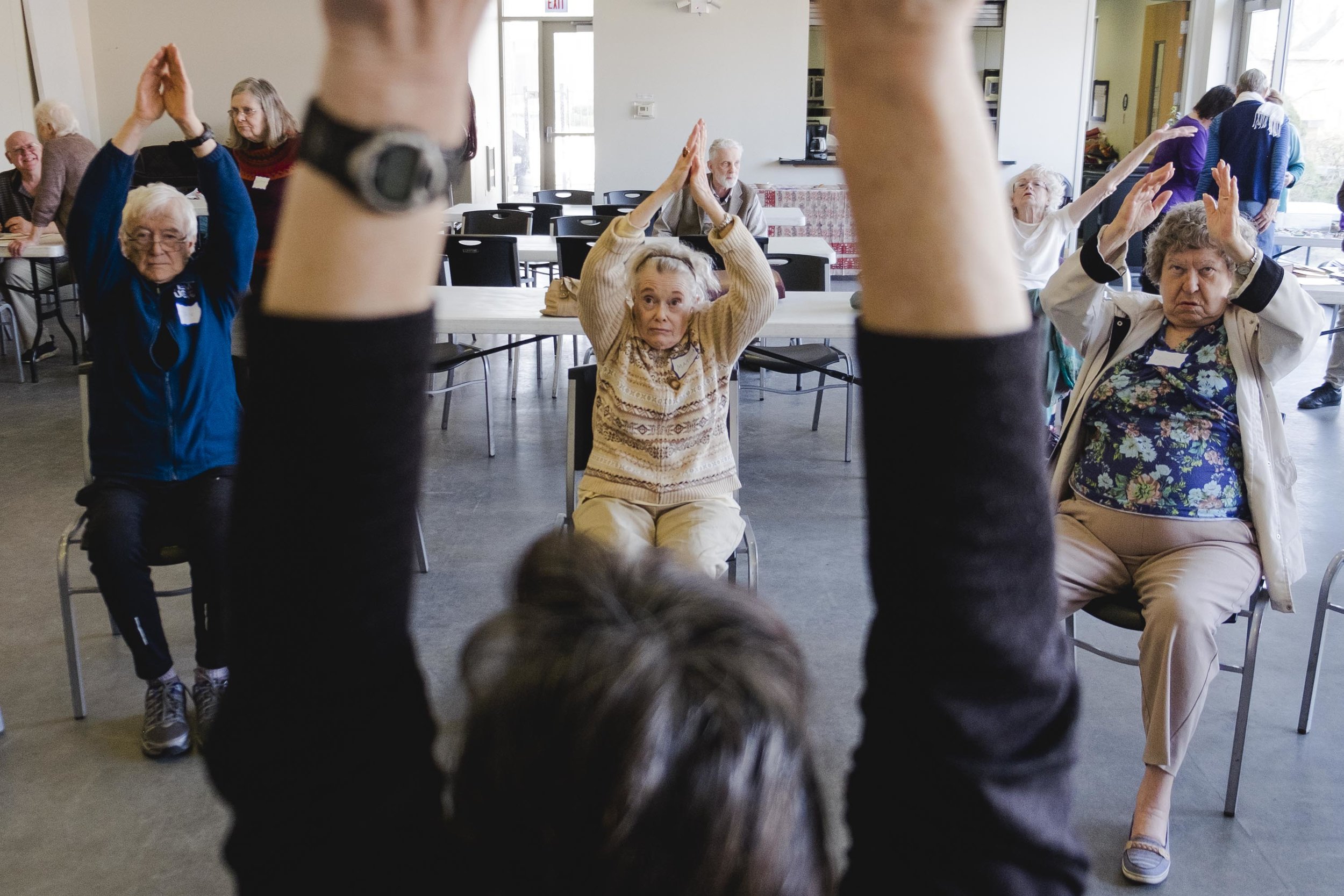
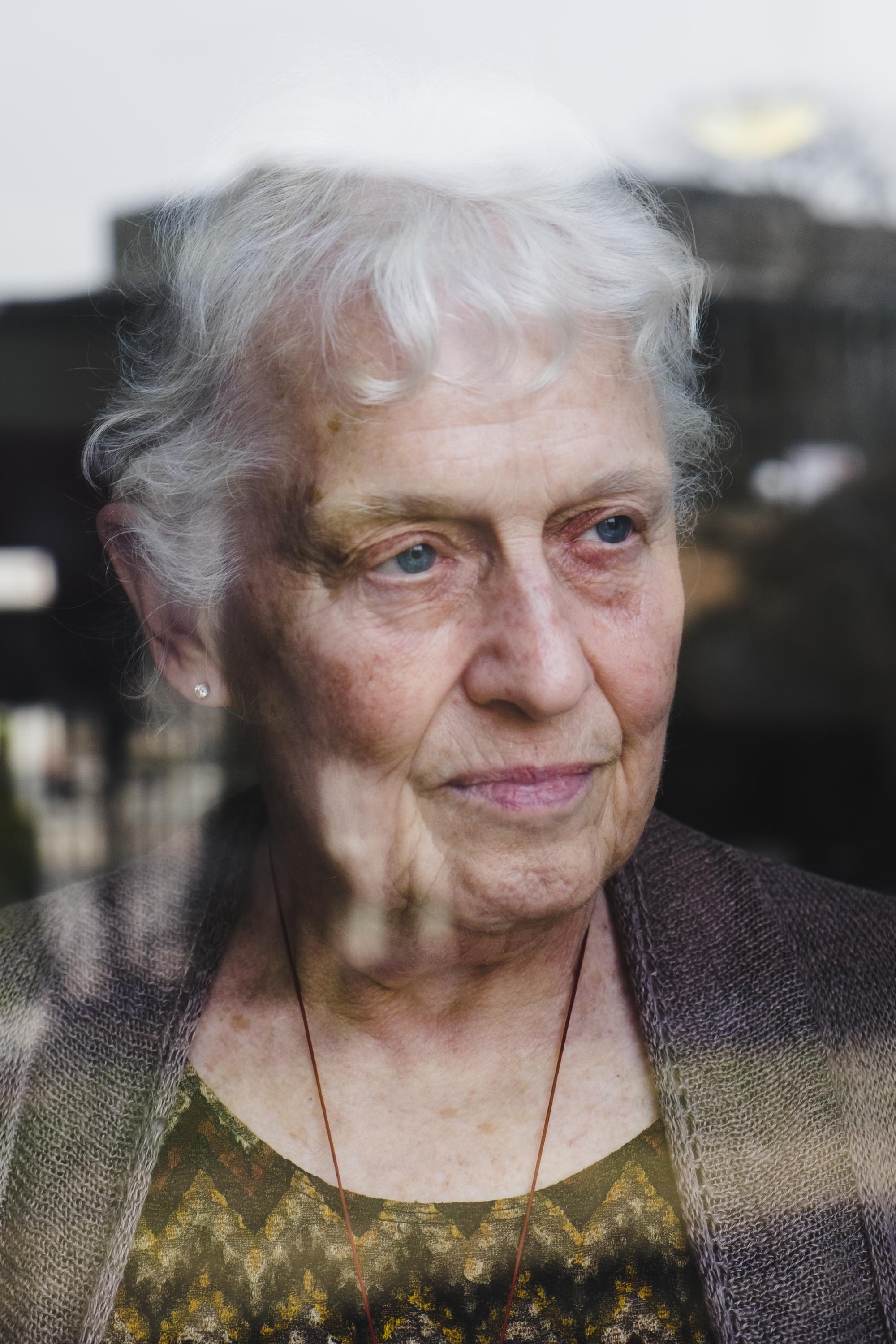
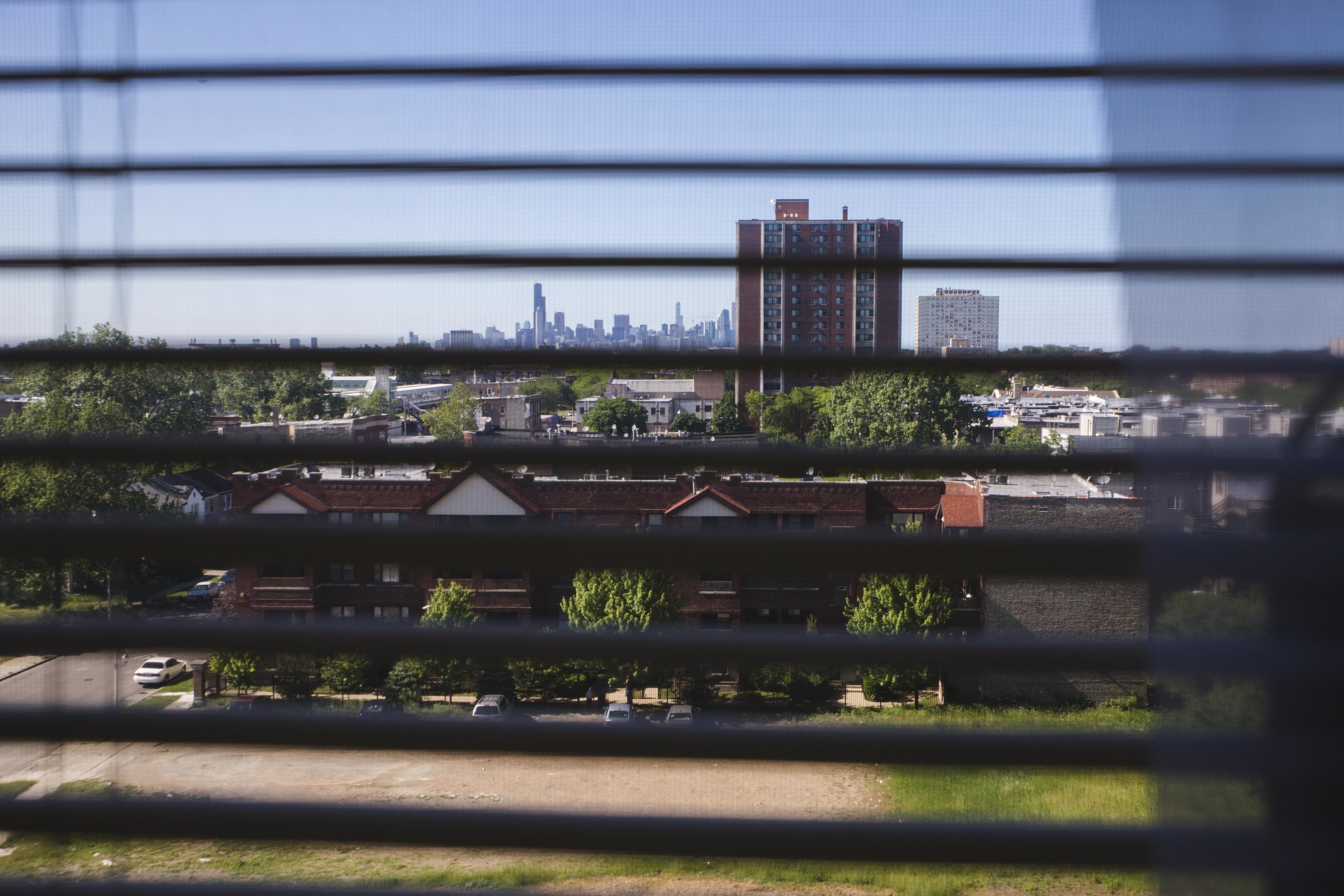
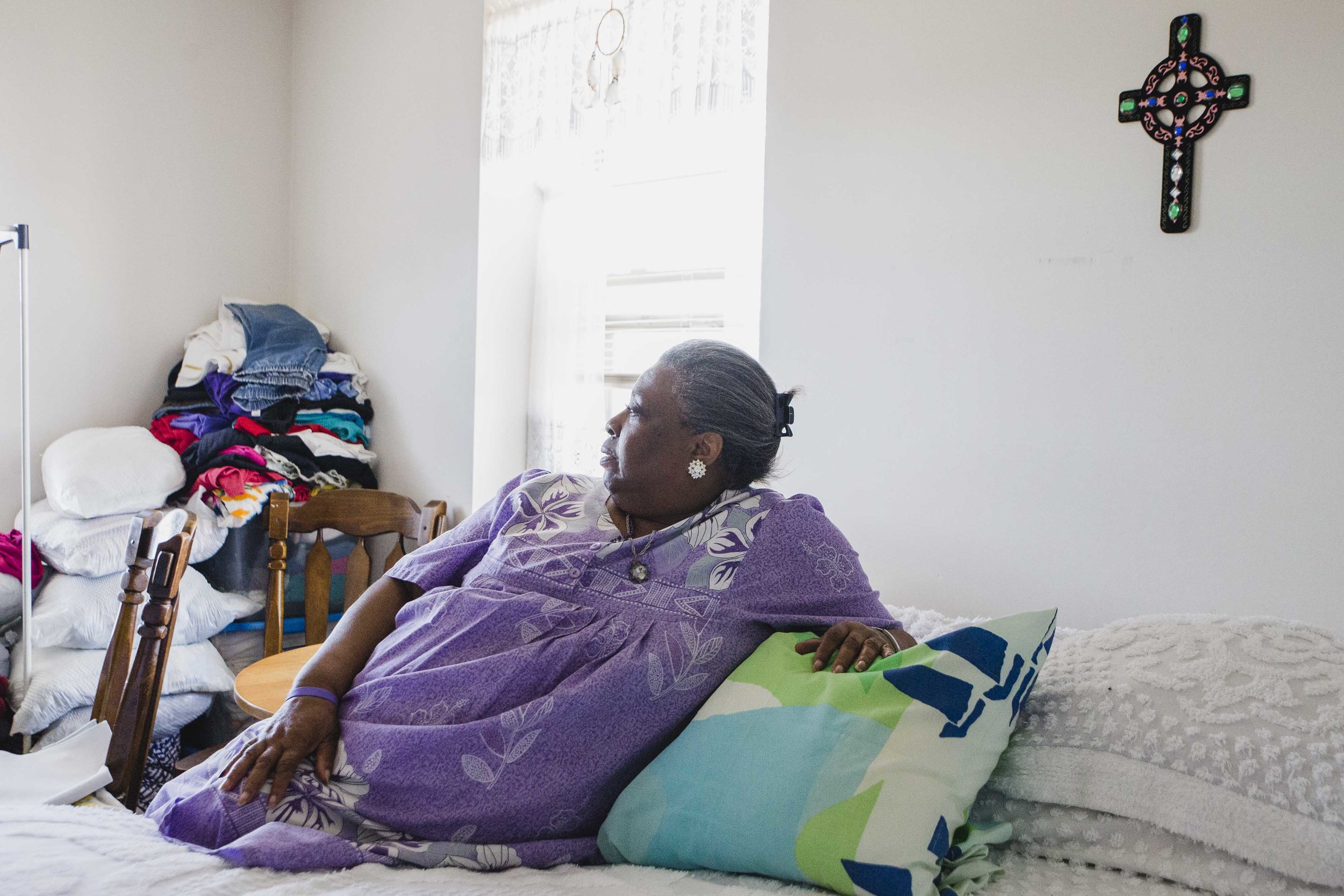
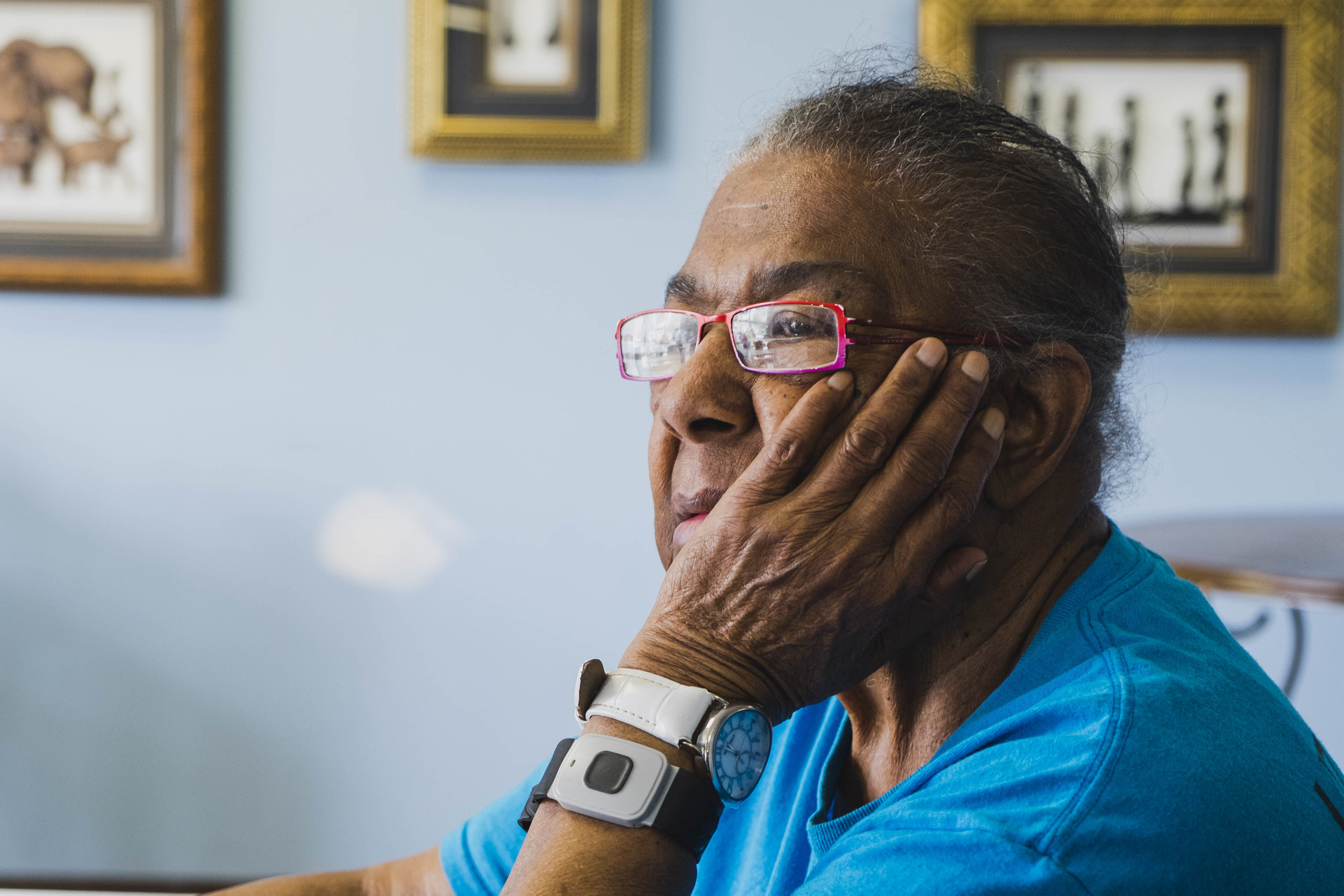
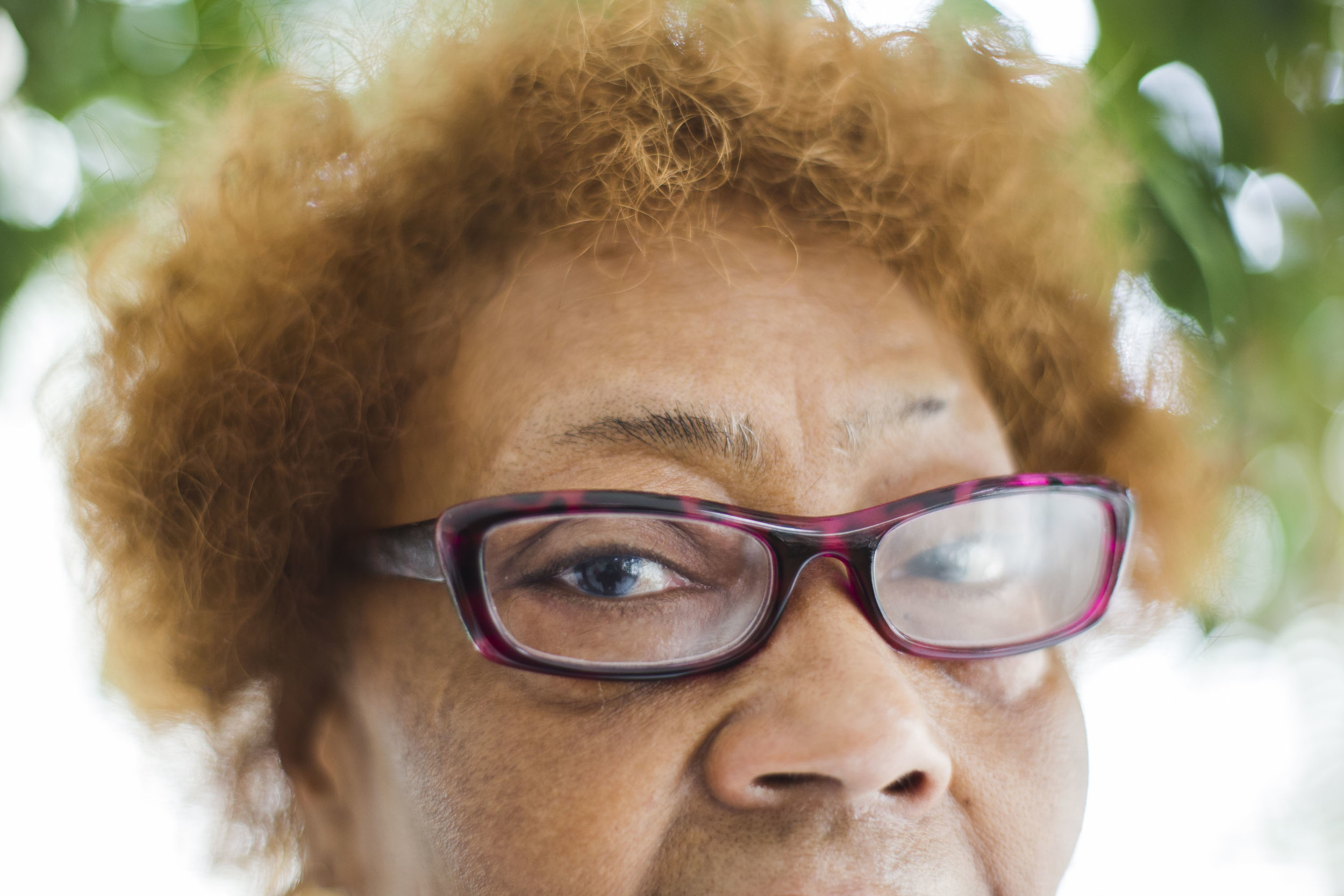
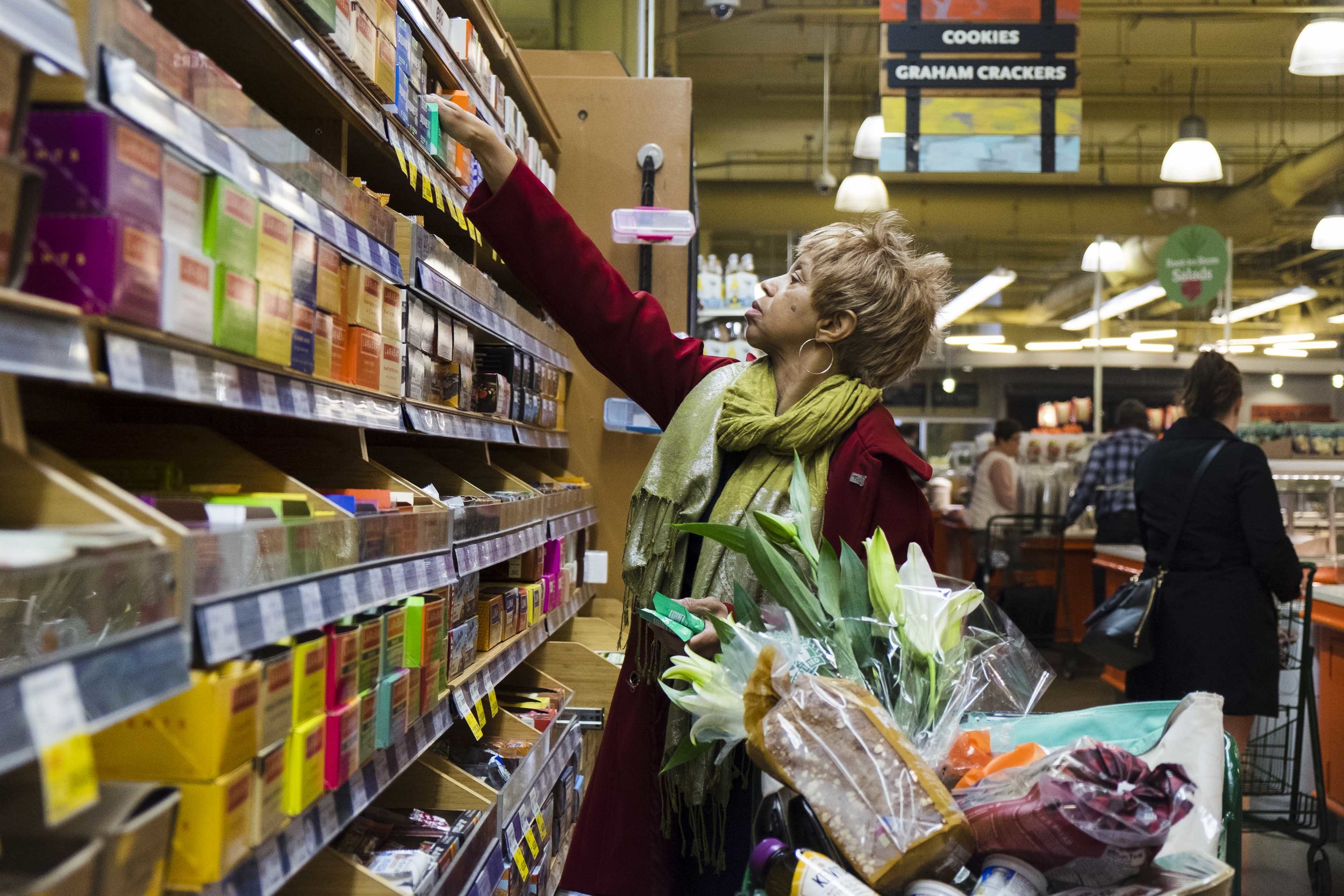
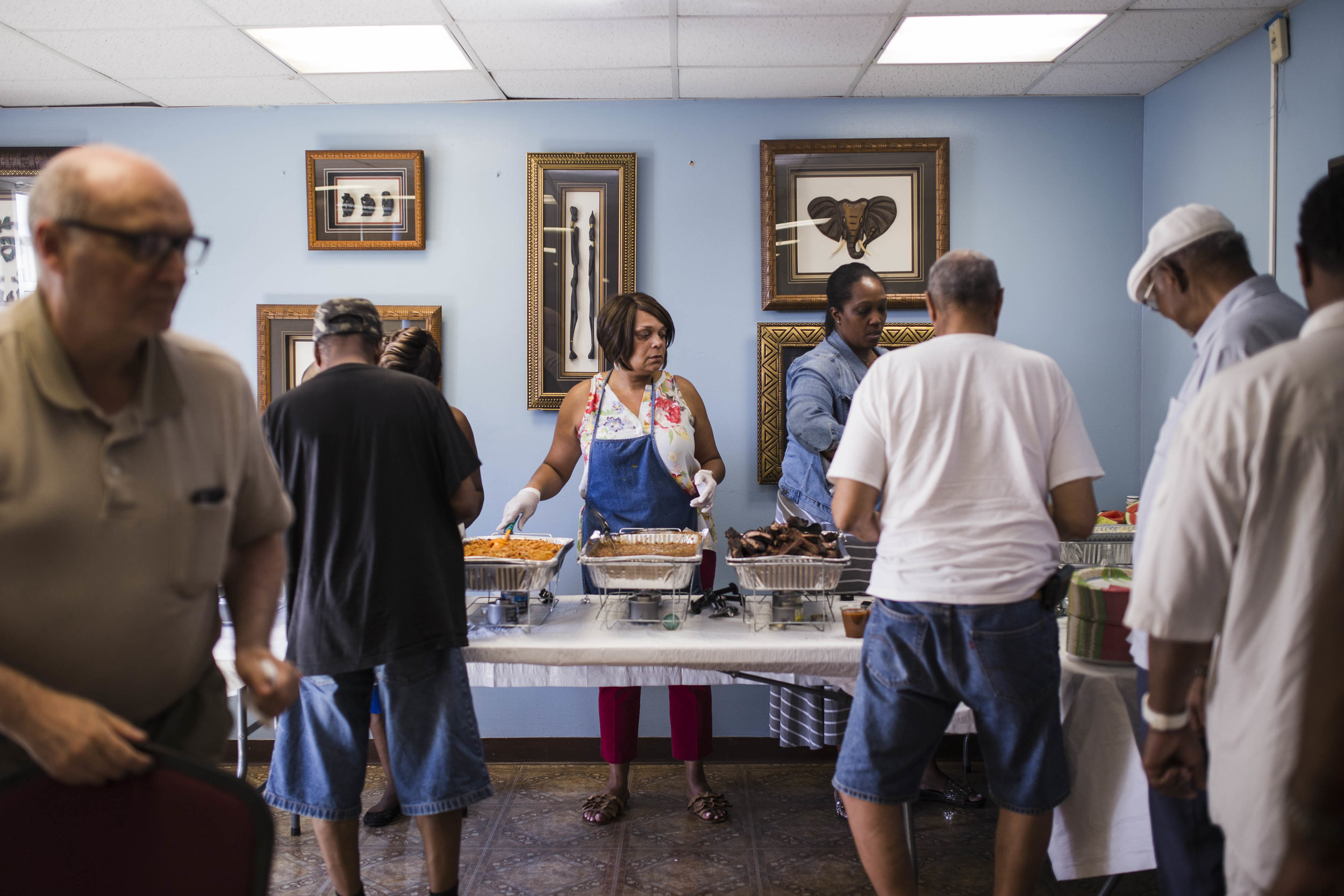
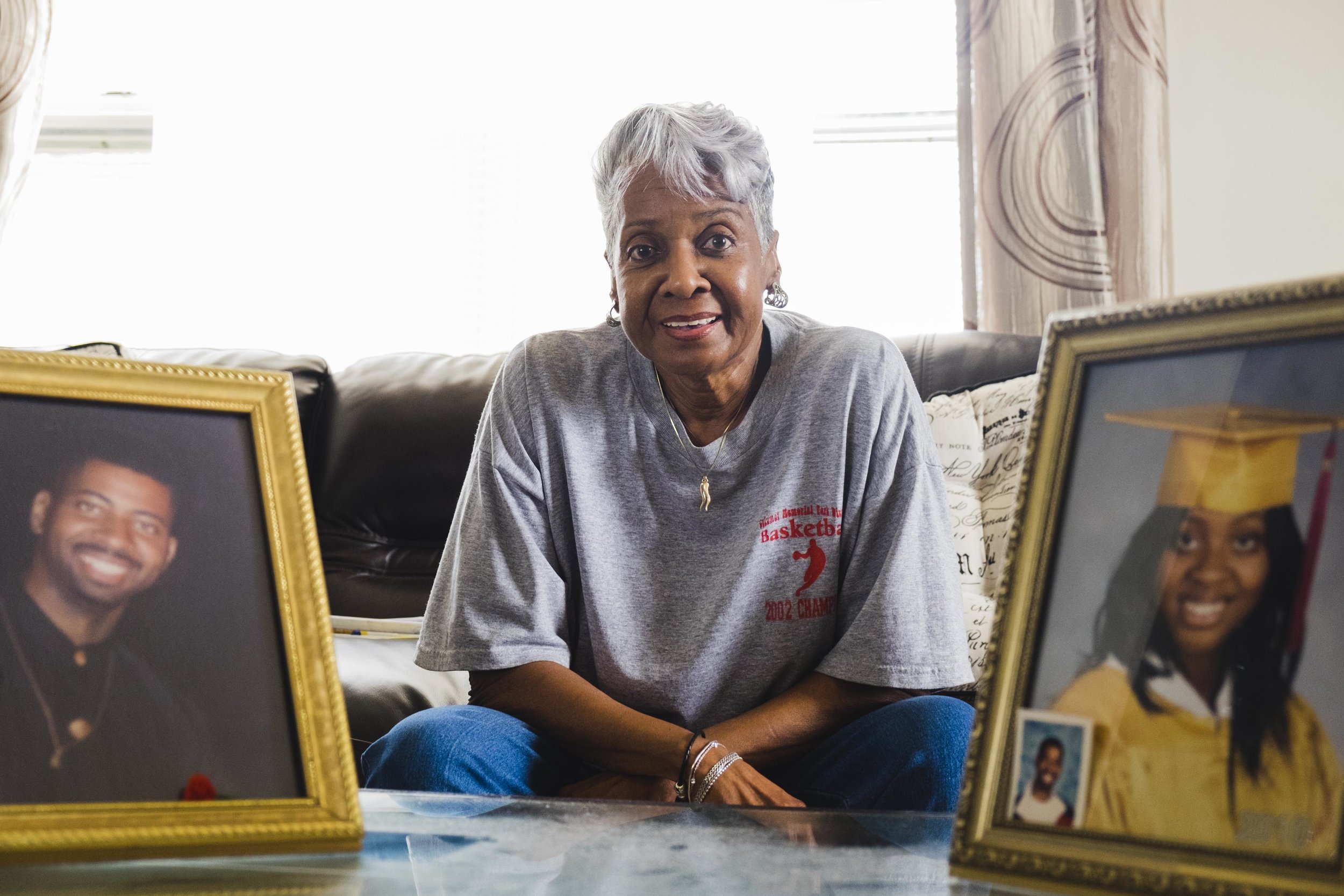
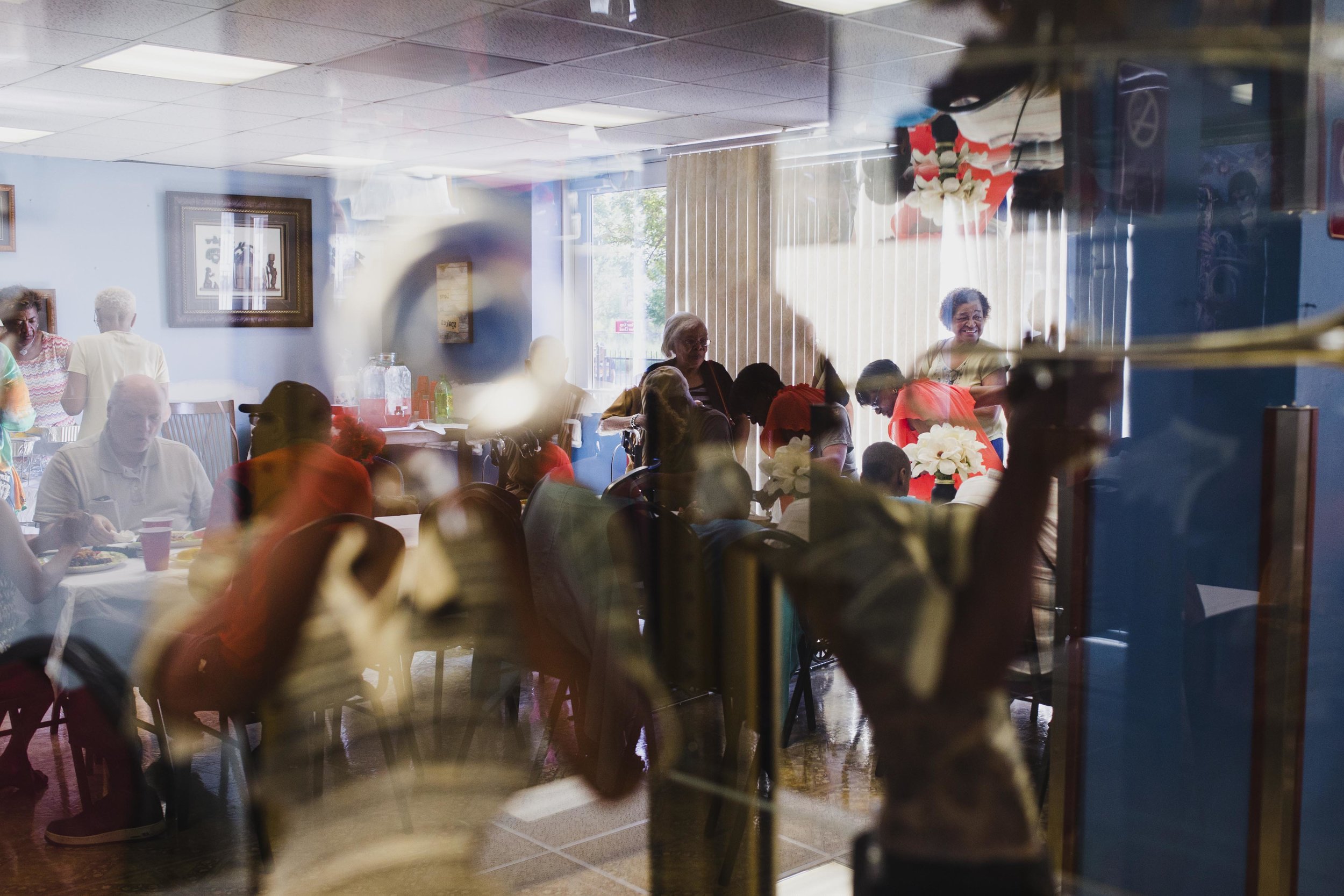
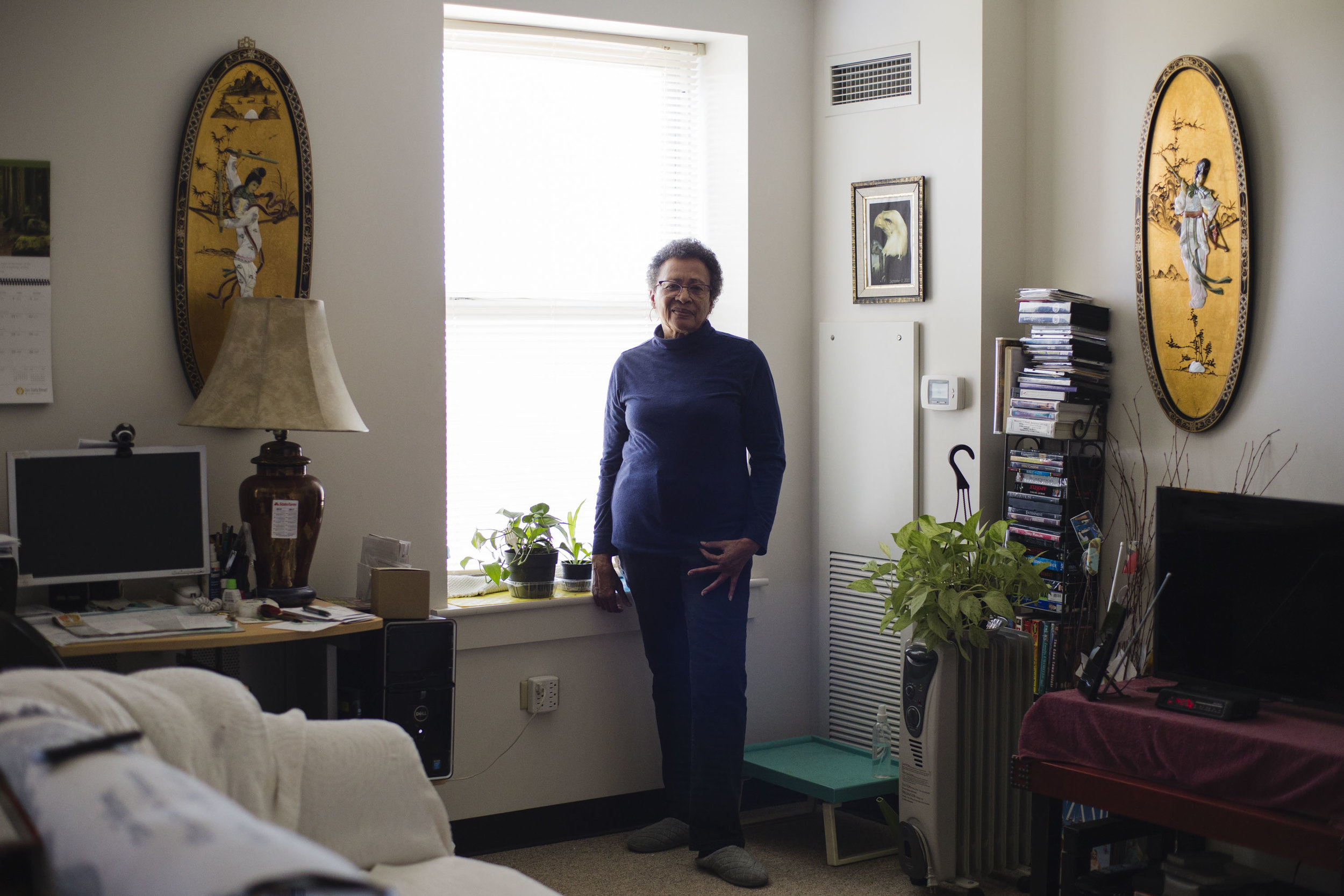
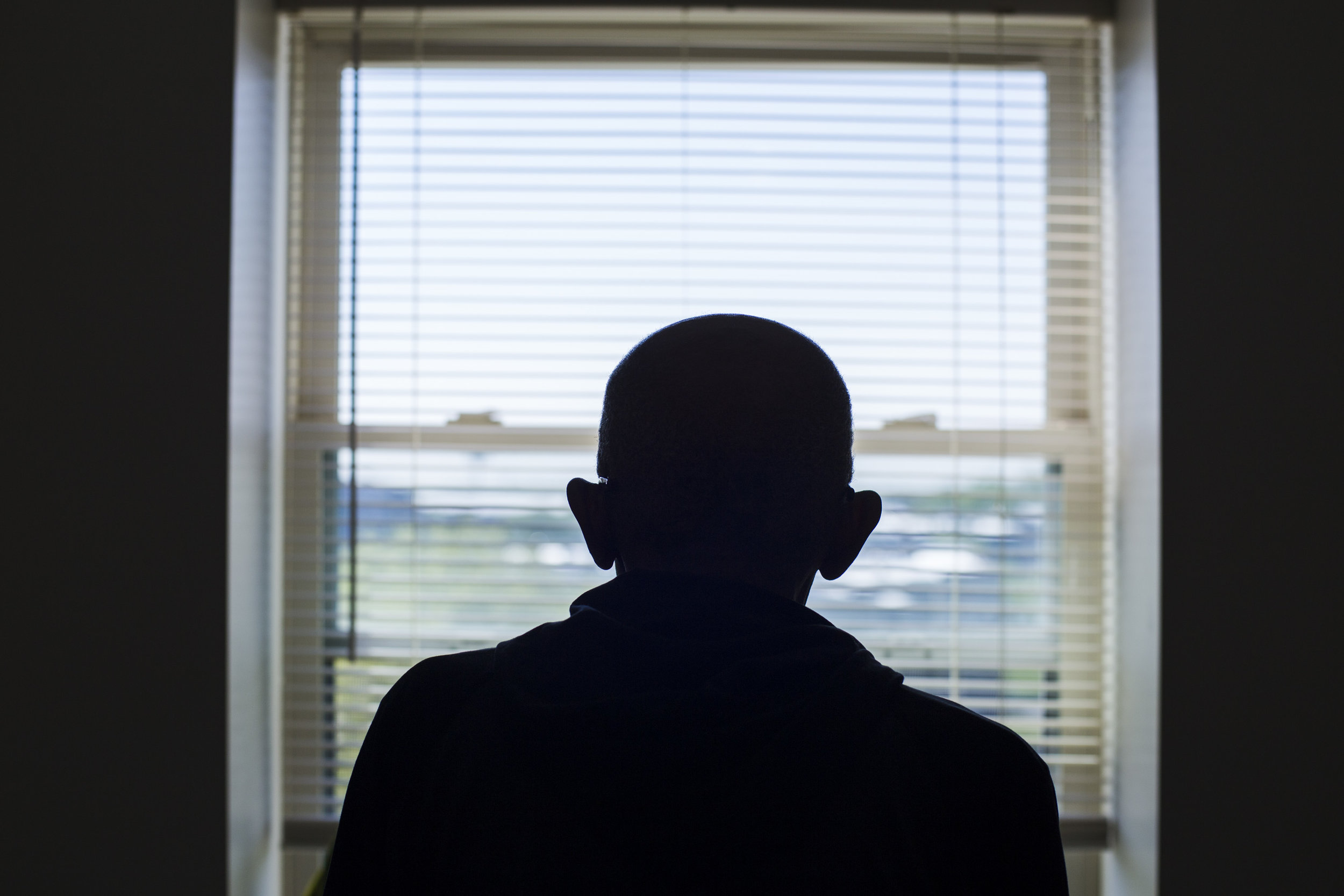
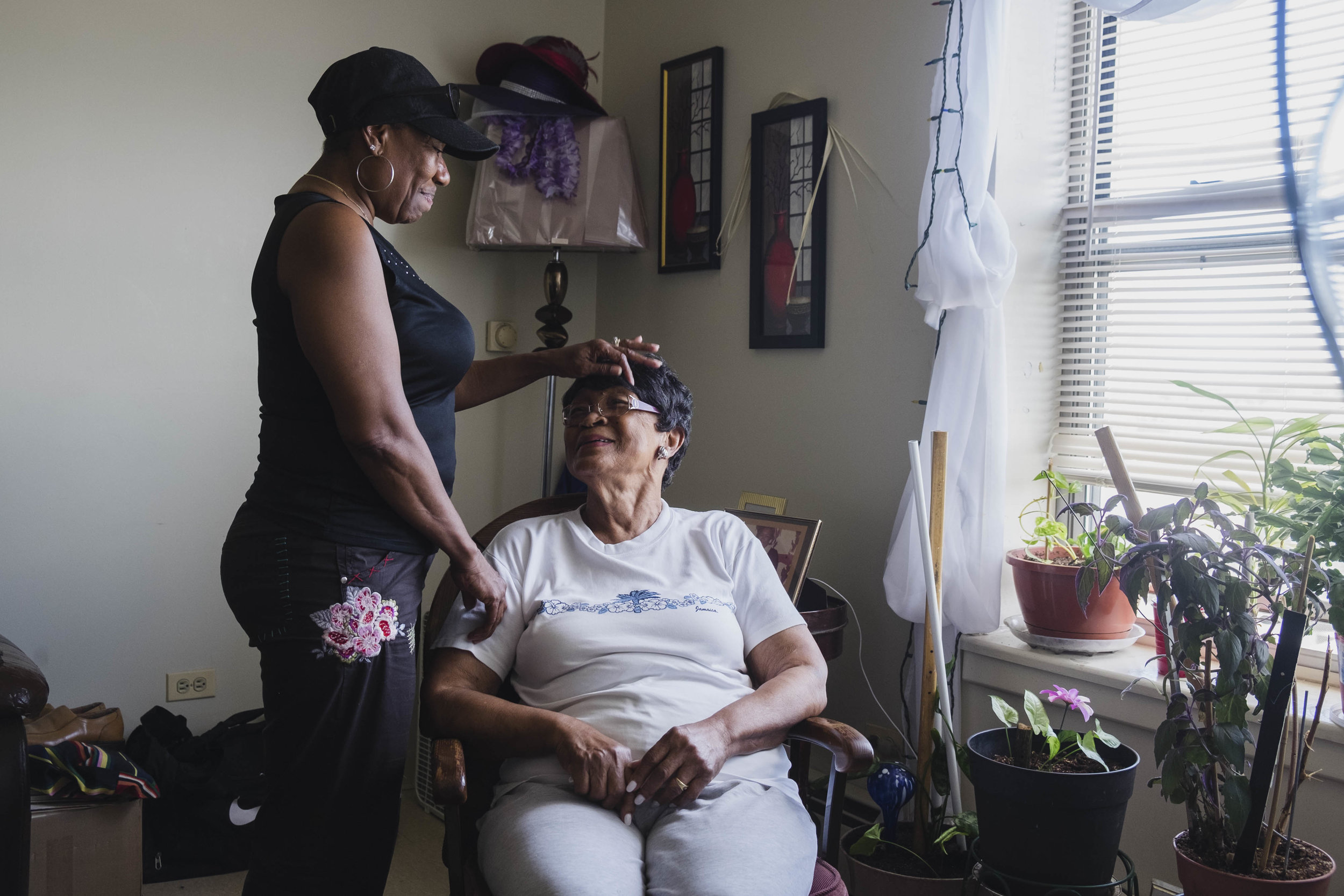
![Yvette Gresham, 59, helps Lillie Smith get ready. For the past four years, Gresham has been Smith’s homemaker. She is paid by the City. Smith qualified for a homemaker after a heart surgery. “I don’t know if [some seniors] got help because I see the](https://images.squarespace-cdn.com/content/v1/56cfdde2c2ea51668ffa109d/1544646863384-MX6PGFQ9QKSWO02ZXKBH/Lillie-Smith.jpg)
